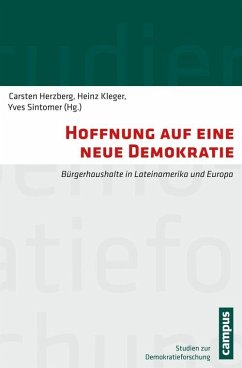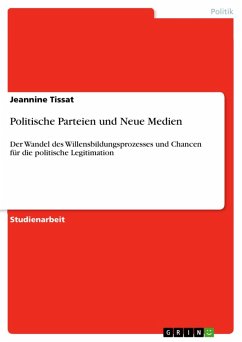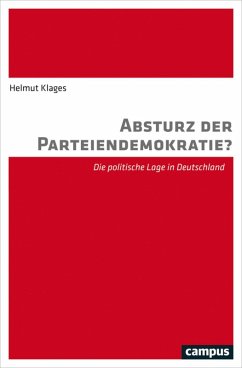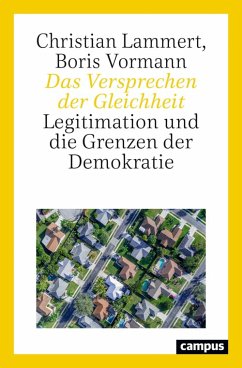
Mechanisms of Trust (eBook, PDF)
News Media in Democratic and Authoritarian Regimes
Versandkostenfrei!
Sofort per Download lieferbar
Statt: 43,00 €**
39,99 €
inkl. MwSt. und vom Verlag festgesetzt.
**Preis der gedruckten Ausgabe (Broschiertes Buch)
Alle Infos zum eBook verschenken

PAYBACK Punkte
0 °P sammeln!
Das Vertrauen in die Institutionen des demokratischen Staates sinkt. Die Nachrichtenmedien werden von dieser Entwicklung nicht verschont. In einer länderübergreifenden Analyse kommt Jan Müller zu dem überraschenden Ergebnis, dass zwar in westlichen Demokratien ein ausgeprägter Vertrauensverlust in die Medien zu verzeichnen ist, Nachrichtenmedien in autoritären Regimen dagegen von der Bevölkerung als wesentlich glaubwürdiger eingeschätzt werden. Dieser Befund erklärt sich mit dem sogenannten emanzipativen Wertewandel: Je höher die Bildungsressourcen eines Volkes sind, desto ausgeprä...
Das Vertrauen in die Institutionen des demokratischen Staates sinkt. Die Nachrichtenmedien werden von dieser Entwicklung nicht verschont. In einer länderübergreifenden Analyse kommt Jan Müller zu dem überraschenden Ergebnis, dass zwar in westlichen Demokratien ein ausgeprägter Vertrauensverlust in die Medien zu verzeichnen ist, Nachrichtenmedien in autoritären Regimen dagegen von der Bevölkerung als wesentlich glaubwürdiger eingeschätzt werden. Dieser Befund erklärt sich mit dem sogenannten emanzipativen Wertewandel: Je höher die Bildungsressourcen eines Volkes sind, desto ausgeprägter ist das Maß der kritischen Distanzierung von staatlichen und politischen Institutionen.
Dieser Download kann aus rechtlichen Gründen nur mit Rechnungsadresse in A, B, BG, CY, CZ, D, DK, EW, E, FIN, F, GR, HR, H, IRL, I, LT, L, LR, M, NL, PL, P, R, S, SLO, SK ausgeliefert werden.













